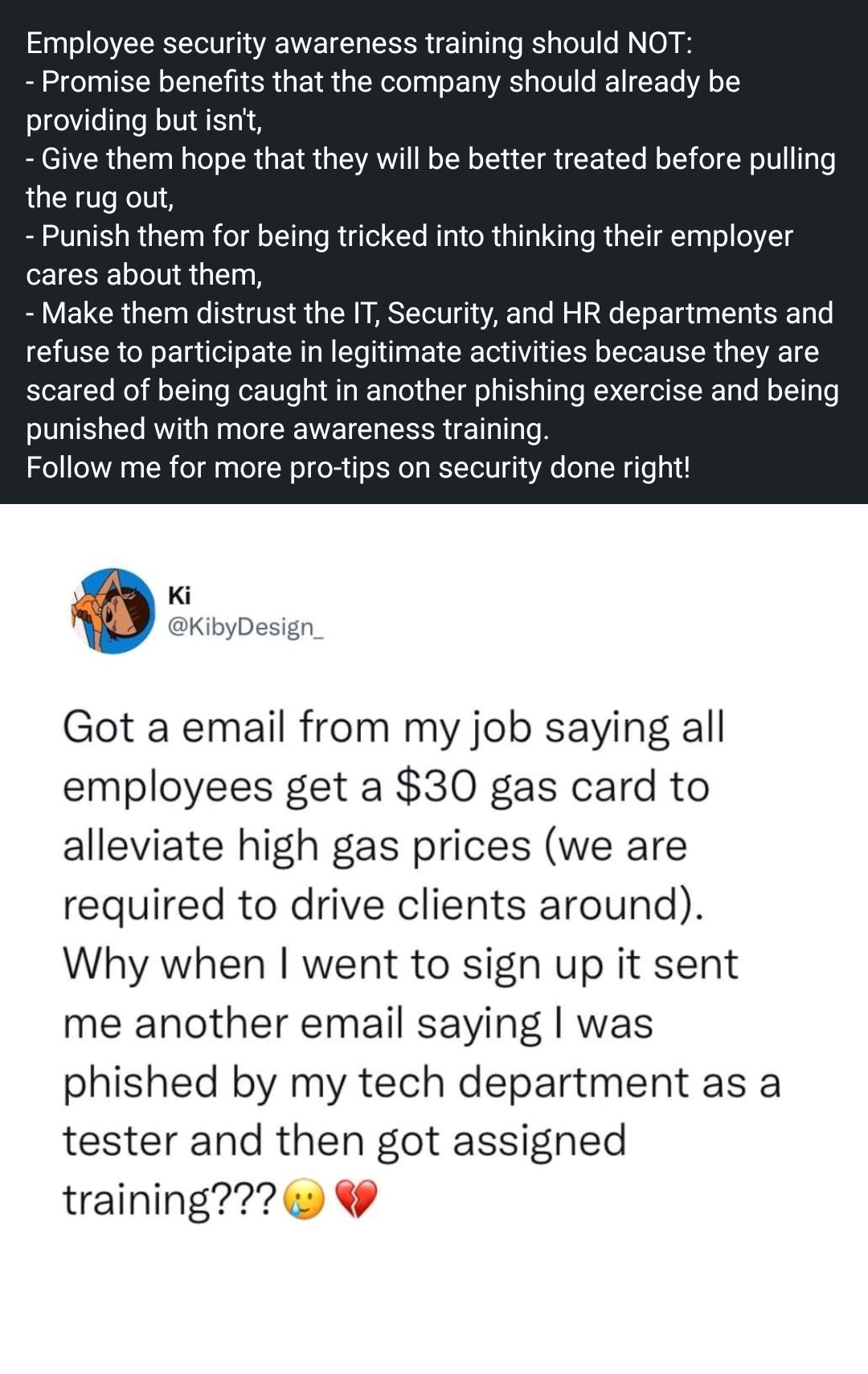@DownPW 🙂 most of this really depends on your desired security model. In all cases with firewalls, less is always more, although it’s never as clear cut as that, and there are always bespoke ports you’ll need to open periodically.
Heztner’s DDoS protection is superior, and I know they have invested a lot of time, effort, and money into making it extremely effective. However, if you consider that the largest ever DDoS attack hit Cloudflare at 71m rps (and they were able to deflect it), and each attack can last anywhere between 8-24 hours which really depends on how determined the attacker(s) is/are, you can never be fully prepared - nor can you trace it’s true origin.
DDoS attacks by their nature (Distributed Denial of Service) are conducted by large numbers of devices whom have become part of a “bot army” - and in most cases, the owners of these devices are blissfully unaware that they have been attacked and are under command and control from a nefarious resource. Given that the attacks originate from multiple sources, this allows the real attacker to observe from a distance whilst concealing their own identity and origin in the process.
If you consider the desired effect of DDoS, it is not an attempt to access ports that are typically closed, but to flood (and eventually overwhelm) the target (such as a website) with millions of requests per second in an attempt to force it offline. Victims of DDoS attacks are often financial services for example, with either extortion or financial gain being the primary objective - in other words, pay for the originator to stop the attack.
It’s even possible to get DDoS as a service these days - with a credit card, a few clicks of a mouse and a target IP, you can have your own proxy campaign running in minutes which typically involves “booters” or “stressers” - see below for more
https://heimdalsecurity.com/blog/ddos-as-a-service-attacks-what-are-they-and-how-do-they-work
@DownPW said in Setting for high load and prevent DDoS (sysctl, iptables, crowdsec or other):
in short if you have any advice to give to secure the best.
It’s not just about DDos or firewalls. There are a number of vulnerabilities on all systems that if not patched, will expose that same system to exploit. One of my favourite online testers which does a lot more than most basic ones is below
https://www.immuniweb.com/websec/
I’d start with the findings reported here and use that to branch outwards.



